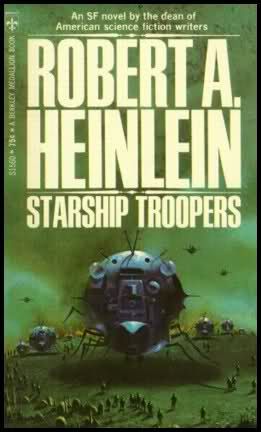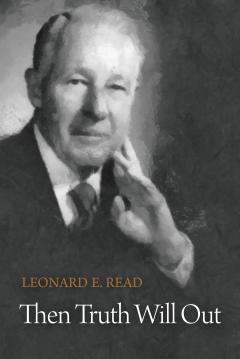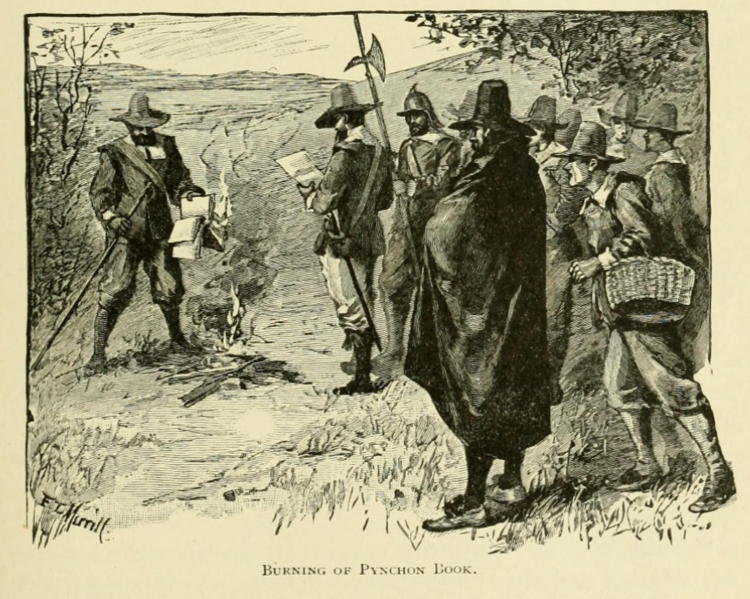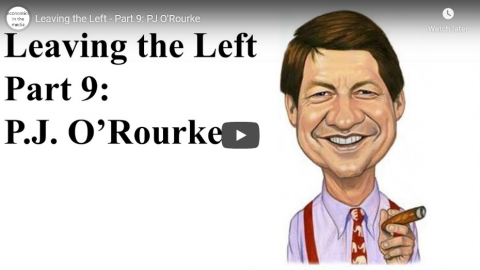In the latest Libertarian Enterprise, L. Neil Smith recounts the sad record of US political parties who claim to support causes but uniformly shrink from actual support of those causes or their advocates:
A late newspaper columnist named Sam Francis (ultimately denounced by the left as a racist, of course) once said that America is ruled by an Evil party (the Democrats) and a Stupid party (the Republicans). To “stupid”, I would rush to add “cowardly”: when the GOP finally got a leader with a spine and testicles and guts (extremely rare qualities among Republicans), they were so terrified of of the man that they betrayed and abandoned him. A third political party, the Libertarians, seems determined to be even more spineless, balless, and gutless; they have specialized for years in nominating con-men and crooks for President.
They also don’t seem to know who their friends are, or how to treat them when they’ve found them. A case in point is one Norma Jean Almadovar, a former police officer and professional sex-worker who wanted to advance the Libertarian Party’s cause and recognition. The party that had always claimed it wanted to legalize prostitution was embarrassed to be confronted by the beliefs they claimed to advocate, and froze her out.
Now the once-admirable conservative youth organization Turning Point USA has faced an almost identical “crisis” and has failed almost identically. The Internet pornography-star Brandi Love (look her up), was originally scheduled to speak at their recent convention — against sex-work — but she was suddenly disinvited and chucked out into the cold, just like Norma Jean. Words like “graceless”, “churlish”, petty, “mean”,and “pusillanimous” come immediately to mind. It appears that competition has worked just as Adam Smith predicted. TPUSA is just as cowardlly and stupid as the LP.
Years ago, I took it on myself to write to Norma Jean to tell her how deeply ashamed I was of the Libertarian Party; it was just one of many reasons that I eventually left the party. Now I’m writing this little ditty in the faint hope that Brandi (whose real name is Tracey Lynn Livermore) will see it. I mean to tell her the same thing about Republicans that’s true of the Libertarians. Sorry sweetie, put not thy trust in would-be princes.
There was a movie, some years ago (it was about police corruption; I don’t remember anything else about it), where the phrase “you’ve lost the meaning” recurred several times. The Libertaran Party and the GOP lost whatever meaning they had long, long ago. Unfortunately, the Marxists, Stalinists, and Maoists we’re up against never lose their meaning. To quote another movie (Die Hard) they want to kill you and cook you and eat you. Not necessarily in that order.












